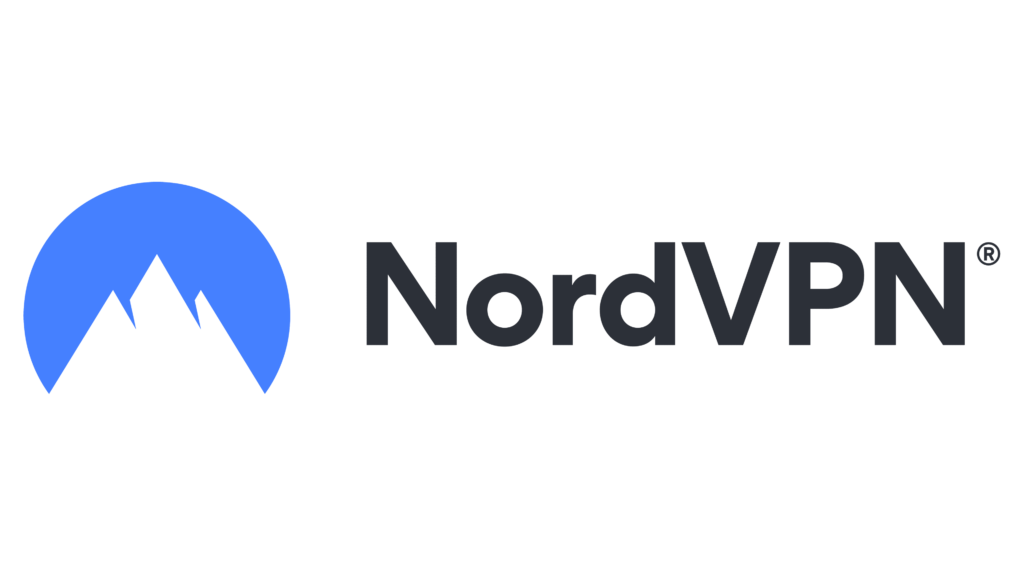
In an age where digital threats loom large, the question of cybersecurity is more pertinent than ever. One of the tools often discussed in this context is a Virtual Private Network (VPN). But does a VPN really protect you from hackers? Let’s dive into how VPNs work and their role in cybersecurity.
Understanding VPNs: A Shield for Your Data
A VPN creates a secure tunnel between your device and the internet. This tunnel encrypts your data, which means even if someone were to intercept it, they would not be able to understand it. Encryption is akin to a coded language that can only be deciphered with the right key, which only you and the VPN server have. This is particularly important when using public Wi-Fi networks, which are notoriously insecure.
The VPN Shield: What It Covers and What It Doesn’t
While a VPN provides a significant layer of security, it’s important to understand its scope. A VPN protects the data you transmit over the internet, making it difficult for hackers to intercept or decipher your communications. However, it doesn’t protect your device from malware or viruses. If a hacker has already compromised your device with malware, a VPN cannot shield you from the effects of that malware.
Bypassing Geo-Restrictions: A Side Benefit with Security Implications
VPNs are popularly used to access geo-restricted content. While this is a valuable feature, it also has security benefits. By connecting to a server in a different location, you can obscure your real IP address, making it harder for hackers to pinpoint your device or launch targeted attacks.
Phishing Attacks: The Limitations of VPNs
One of the common methods used by hackers is phishing, where they trick you into giving up personal information. A VPN does not protect against phishing attacks directly. The responsibility of recognizing and avoiding phishing attempts lies primarily with the user.
Do VPNs Make You Anonymous?
VPNs provide a degree of anonymity by masking your IP address, which makes it more challenging for hackers to track you. However, this should not be mistaken for complete anonymity. Vigilance is still needed, especially with regards to the websites you visit and the information you share online.
Choosing the Right VPN: A Crucial Step
Not all VPNs are created equal. Choosing a reputable VPN provider is crucial. Some free VPNs might log your data or provide inadequate security, potentially doing more harm than good. Researching and investing in a trustworthy VPN service is essential for ensuring maximum protection.
Conclusion: A Layer in Your Security Arsenal
A VPN is a powerful tool in safeguarding against hackers, particularly in terms of data encryption and privacy. However, it’s not a catch-all solution. The best approach to cybersecurity is a layered one, combining the use of a VPN with other security measures like antivirus software, regular updates, and smart browsing practices. By understanding the strengths and limitations of VPNs, users can make informed decisions about their digital security and navigate the online world with greater confidence and safety.

